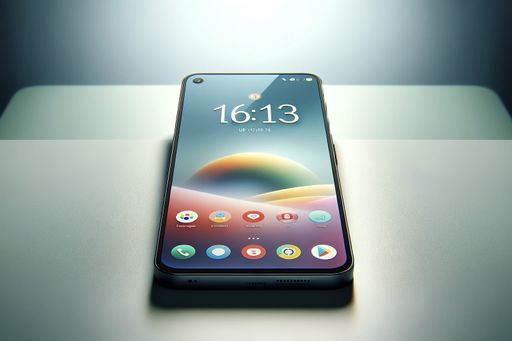Are dating apps fuelling addiction? Lawsuit against Tinder, Hinge and Match claims so
Dating app users have filed a lawsuit against Tinder, Hinge, and other Match dating apps, accusing them of using addictive features that encourage compulsive use.

The Lawsuit and Accusations
On Valentine’s Day, six dating app users filed a proposed class-action lawsuit against Tinder, Hinge, and other Match dating apps. They claim that these platforms use addictive, game-like features to encourage compulsive use.
According to the lawsuit, Match’s apps employ product features that manipulate dopamine to turn users into "gamblers locked in a search for psychological rewards". This alleged addiction drives expensive subscriptions and perpetual use, contributing to market success.
Match has dismissed the lawsuit as "ridiculous", but online dating experts believe it reflects a broader backlash against apps that gamify the human experience for profit, leaving users feeling manipulated.
The Addiction Effect
Author Mia Levitin compares big tech to big tobacco, stating that smartphones are equally addictive. She suggests that dating apps may have been designed to be addictive from the start, drawing inspiration from classic psychology experiments.
Levitin explains that dating apps hijack the brain's reward system, prioritizing short-term dopamine hits over long-term rewards. This encourages users to stay engaged, much like the quick fix of junk food.
The game-like element in dating apps is compared to slot machines by cultural anthropologist Natasha Dow Schüll. However, the extent to which dating apps deter long-term romantic connections is still uncertain.
Manipulating Behavior and Preferences
Dating apps have the ability to influence user behavior and change how people act by utilizing techniques from behavioral science. As a result, users may feel cheated when these platforms prioritize the interests of digital corporations over their own.
Furthermore, dating apps can reproduce privilege by entrenching idealized preferences for certain ethnicities, age groups, and body types. This is exemplified by the Elo algorithm used by Match.com, which was initially designed for competitive games.
While romantic love has always been gamified to some extent in the western world, the constant availability of potential partners through dating apps is a relatively new phenomenon. Studies suggest that millennials spend 10 hours a week on dating apps, similar to the compulsive scrolling on social media.



